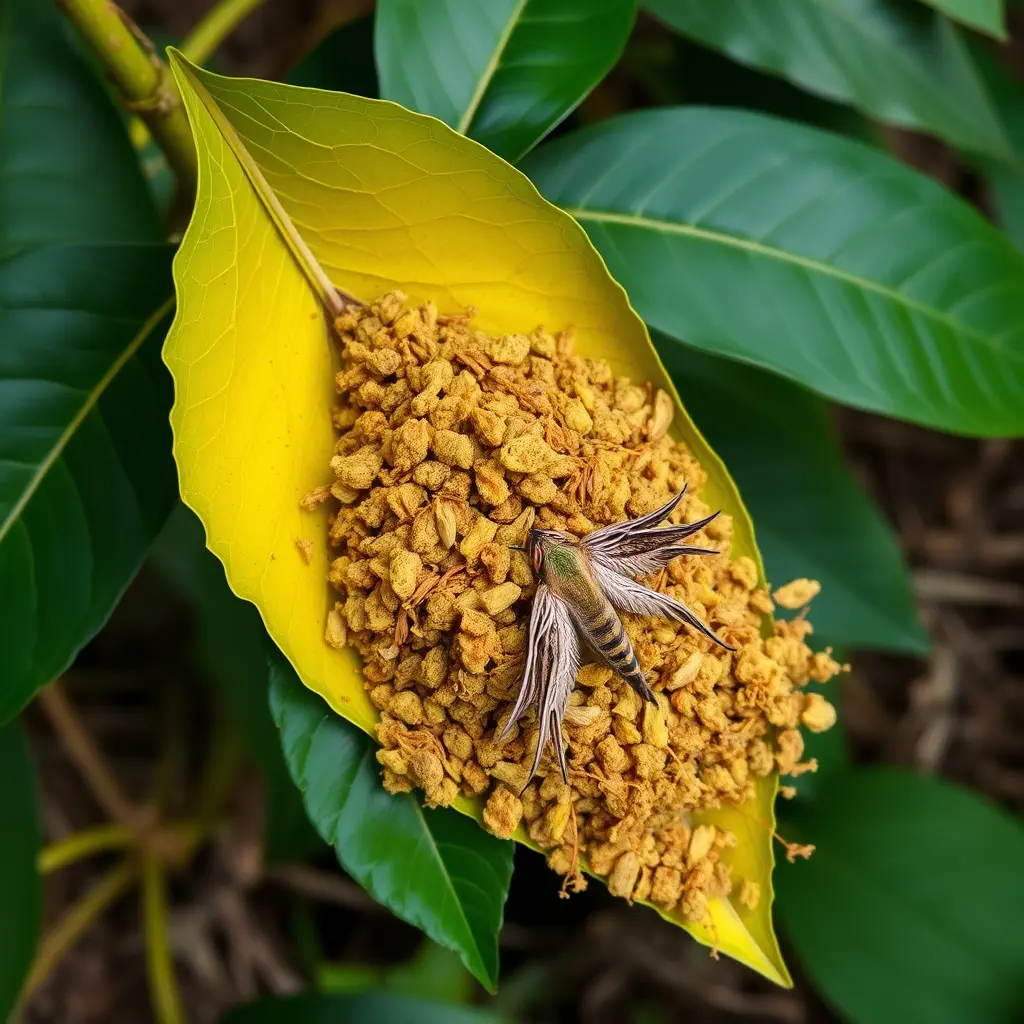Kratom, with origins in Southeast Asia, is gaining attention for its potential cardiovascular benefits, particularly due to its alkaloids mitragynine and 7-hydroxymitragynine, which may influence heart health by engaging with opioid receptors. While traditionally used for pain relief and energy enhancement, emerging research is exploring kratom's effects on cardiovascular wellness, emphasizing the importance of responsible kratom shopping for safety and efficacy. Prospective users should be cautious in selecting vendors, as product quality and purity are critical for health outcomes. Preclinical studies suggest that kratom may offer vasodilatory effects, potentially lowering blood pressure and improving circulation, with certain alkaloids possibly contributing to heart rhythm stability and cardiac muscle support. However, due to the complexity of cardiovascular health and potential interactions with other medications, it is crucial for individuals to consult with healthcare providers before using kratom for this purpose. For those considering kratom shopping, it's essential to research strains like Indo, Maeng Da, and Bali to understand their unique properties, control dosages carefully to avoid adverse effects, and ensure that the product is sourced from reputable suppliers with verified lab-tested kratom for safe and informed use.
Explore the emerging relationship between kratom, a naturally occurring substance derived from the leaves of Mitragyna speciosa, and its potential impact on cardiovascular health. This article delves into the biological mechanisms that may explain why some users report improved heart health after consuming kratom. We will also provide essential tips for responsible kratom shopping to optimize cardiovascular well-being, ensuring readers are equipped with knowledge to make informed decisions about this intriguing botanical. Discover how kratom might contribute to heart health and navigate the market confidently.
- Understanding Kratom and Its Role in Cardiovascular Health
- The Science Behind Kratom's Potential Benefits for Heart Health
- A Guide to Responsible Kratom Shopping for Enhanced Cardiovascular Well-being
Understanding Kratom and Its Role in Cardiovascular Health

Kratom, a plant native to Southeast Asia, has garnered attention for its potential effects on cardiovascular health. The leaves of kratom contain alkaloids such as mitragynine and 7-hydroxymitragynine, which are believed to interact with the body’s opioid receptors and may influence heart health positively. While traditional uses of kratom have historically focused on pain relief and energy enhancement, recent research is exploring its role in cardiovascular well-being. For individuals considering incorporating kratom into their health regimen for cardiovascular support, it’s crucial to approach kratom shopping with caution. This involves selecting reputable vendors, understanding the different strains available, and being aware of the legal status of kratom in one’s region. The quality and purity of the product can significantly impact its effectiveness and safety, making an informed purchase a key factor in harnessing the potential benefits for heart health.
The cardiovascular system encompasses the heart and blood vessels, and maintaining its optimal function is vital for overall health. Some studies suggest that kratom may have vasodilatory properties, which could potentially lower blood pressure and improve circulation. Additionally, there is preliminary evidence indicating that certain kratom alkaloids might contribute to a healthier heart rhythm and support the cardiac muscle’s functioning. However, it’s important for consumers to exercise due diligence when engaging in kratom shopping to ensure they are obtaining a safe and high-quality product. As with any supplement, consulting with a healthcare provider before incorporating kratom into one’s health routine is advisable, especially given the complexities of cardiovascular health and the potential interactions with other medications.
The Science Behind Kratom's Potential Benefits for Heart Health

Mitragyna speciosa, commonly known as kratom, has garnered attention in various health discussions, particularly concerning its potential impact on cardiovascular well-being. Studies have indicated that certain compounds found within kratom leaves, specifically the alkaloids mitragynine and 7-hydroxymitragynine, may influence heart health positively. These alkaloids can affect the body’s pain response, inflammation levels, and stress responses, which are all factors that can indirectly affect cardiovascular function. Preclinical research suggests that kratom might improve endothelial function, the process by which the endothelium, lining of blood vessels, releases substances to regulate blood pressure, clotting, and inflammation. This potential benefit could lead to better overall heart health by promoting vasodilation, reducing plaque buildup in arteries, and enhancing the body’s natural defense against cardiovascular diseases.
When considering incorporating kratom into one’s regimen for improved cardiovascular health, it is crucial to approach kratom shopping with care. Selecting a reputable vendor is paramount to ensuring the quality and purity of the product. Consumers should look for vendors that offer lab-tested kratom strains, as these have been analyzed for both alkaloid content and contaminants. Additionally, it’s important to adhere to recommended dosages to avoid potential side effects, and individuals with pre-existing health conditions or those taking prescribed medications should consult with a healthcare provider before use. By making informed choices during kratom shopping and using the substance responsibly, individuals may take advantage of its potential benefits for heart health.
A Guide to Responsible Kratom Shopping for Enhanced Cardiovascular Well-being

When considering kratom for improved cardiovascular health, it’s crucial to approach kratom shopping with informed discernment. Kratom, a plant from Southeast Asia, contains compounds that may influence heart health positively. However, the variability in kratom strains and vendors means that responsible purchasing is key to ensuring the safety and efficacy of its use. Prospective users should seek out reputable sources offering lab-tested kratom products to minimize potential contaminants or adulterants. Transparency in testing results is a hallmark of trustworthy suppliers, providing peace of mind and assuring the integrity of the product.
Moreover, when shopping for kratom, it’s important to be aware of the different strains available—Indo, Maeng Da, Bali, and more—each with its own profile that may affect cardiovascular well-being differently. Users should educate themselves on the specific effects of each strain, as well as their personal sensitivities, to make an informed decision. Additionally, adhering to recommended dosages is essential for maintaining cardiovascular health; overconsumption can lead to adverse effects. Engaging with a healthcare provider before incorporating kratom into one’s regimen is also prudent, as they can offer personalized advice based on an individual’s health profile. By taking these steps, users can responsibly shop for kratom and potentially support their cardiovascular system in a safe and beneficial manner.
In conclusion, the potential role of kratom in supporting cardiovascular health presents a promising area of research. The compounds found within kratom, particularly mitragynine and 7-hydroxymitragynine, may offer benefits that contribute to heart health, as evidenced by scientific studies. However, it is imperative to approach the use of kratom with caution and informed decision-making, emphasizing responsible kratom shopping. Consumers should prioritize purchasing high-quality, authentic kratom products from reputable sources to ensure safety and efficacy. By understanding the intricacies of kratom’s interaction with cardiovascular systems and adhering to safe usage guidelines, individuals may find a valuable ally in maintaining or improving their heart health. As research continues to evolve, staying informed and adapting to new findings will be key to fully realizing the potential benefits of kratom for cardiovascular well-being.






